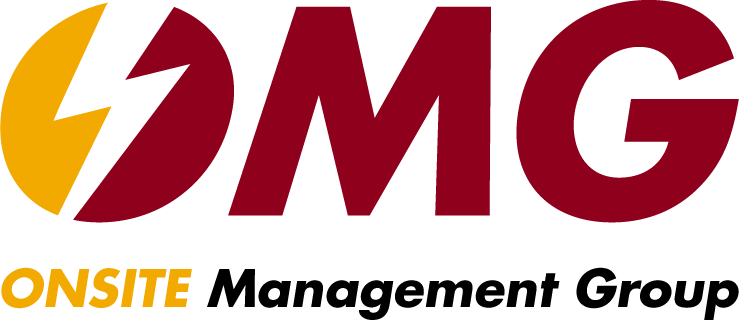
THE ONLY Constant is Change!
It was only 150 years ago when we used horses for transportation and candles for light. Today we have cars, planes, and space shuttles. Today we have LED lights that are unbelievably bright and use very little energy.

THE ONLY Constant is Change!
It was only 30 years ago when we had landline phones at home and pay phones in public. Today we have cell phones capable of anywhere communication and unlimited information with as much computer ability as a laptop.

THE ONLY Constant is Change!
Change is inevitable, and so is change in the work environment. People change, computers change, processes change… the world changes. And so, we must change and adapt to survive and grow.
What is Process Improvement?
Process improvement involves the business practice of identifying, analyzing, and improving existing business processes to optimize performance, meet best practice standards or simply improve quality and the user experience for customers and end-users.1


What is Teamwork?
Everyone is different and has their talents, ideas, strengths, and weaknesses. When the parts are used properly, a team can be more capable, more efficient, and overall, more successful than someone working alone.2 Being a master of one or a jack-of-all-trades in today’s world does not bring about success if you are unable to work as part of a team. The importance of teamwork cannot be stressed enough!
For effective change it is important to understand and use the 3C’s:

Communication
The act of linking people together. In management it is a vital role. Unfortunately, “Lack of Communication” is one of the top problems in many organizations.

Coordination
The act of people working together in an organized way. The absence of coordination could lead to an incapability control, confusion between stakeholders, inefficiency in resources usage, and replication of work. Among the main coordination difficulties in any organization is the one between the main office and field units and cultural differences between stakeholders.

Cooperation
The process of shared achievement: Two or more working together to establish shared objectives. Different from communication (to share information), it is about applying information to generate something none of the cooperators can achieve alone. Moreover, the opposite of cooperative is competitive.
A typical workflow for process improvement includes:
- Provide information about the upcoming changes (The “What”)
- Explain the benefits of the change (The “Why”)
- Involvement with everyone effected (The “Who”)
- Schedule of events (The “When and Where”)
- Feedback
Of all the things discussed, COOPERATION/TEAMWORK is the most important. It is important to understand that not everything can be simulated, and problems/disruptions may occur during implementation.
COOPERATION/TEAMWORK is the key to make the plan work effectively and to overcome problems that may arise.
We can learn a great deal by listening to others about Cooperation/Teamwork:
- “If everyone is moving forward together, then success takes care of itself.” – Henry Ford
- “The ratio of We’s to I’s is the best indicator of the development of a team.” – Lewis B. Ergen
- “Coming together is a beginning, staying together is progress, and working together is a success.” – Henry Ford
- “Great things in business are never done by one person; they’re done by a team of people.” – Steve Jobs
- “The way a team plays as a whole determines its success. You may have the greatest bunch of individual stars in the world, but if they don’t play together, the club won’t be worth a dime.” – Babe Ruth5




